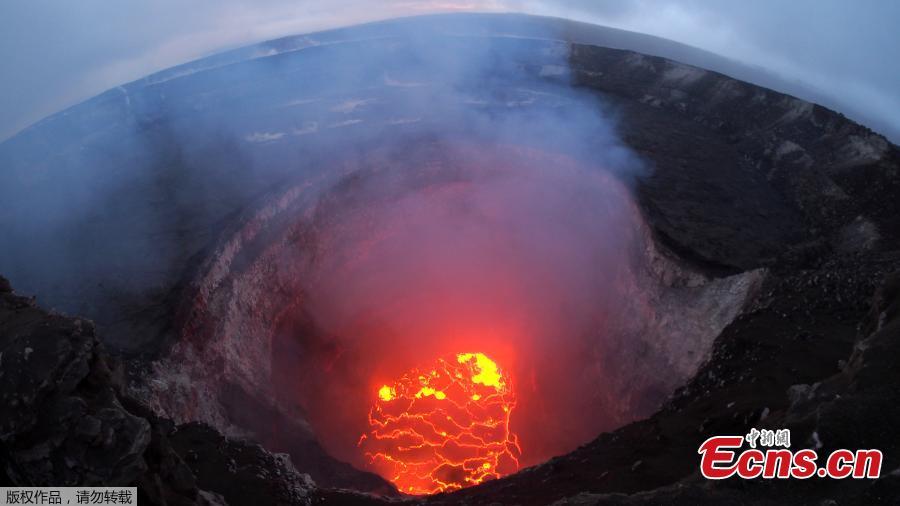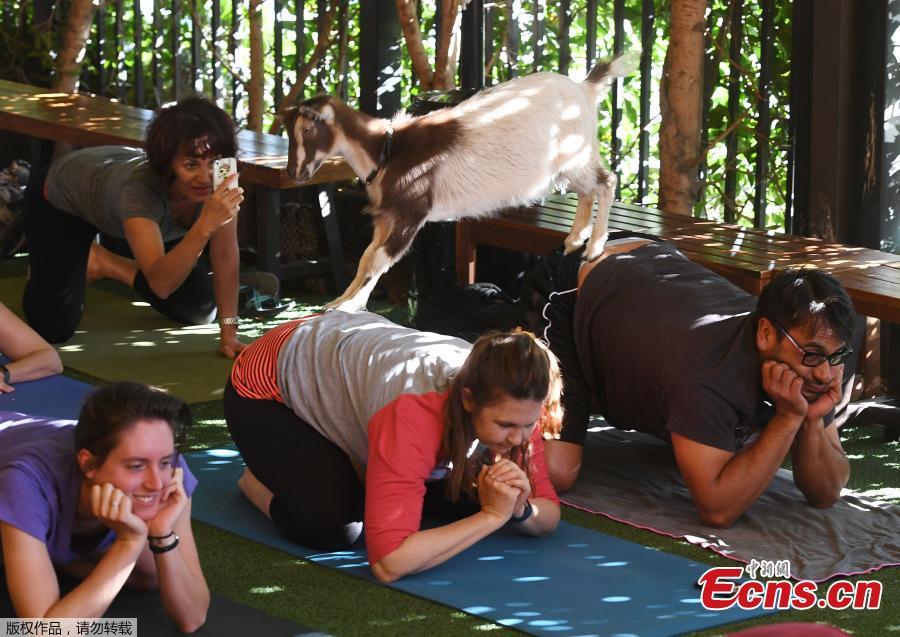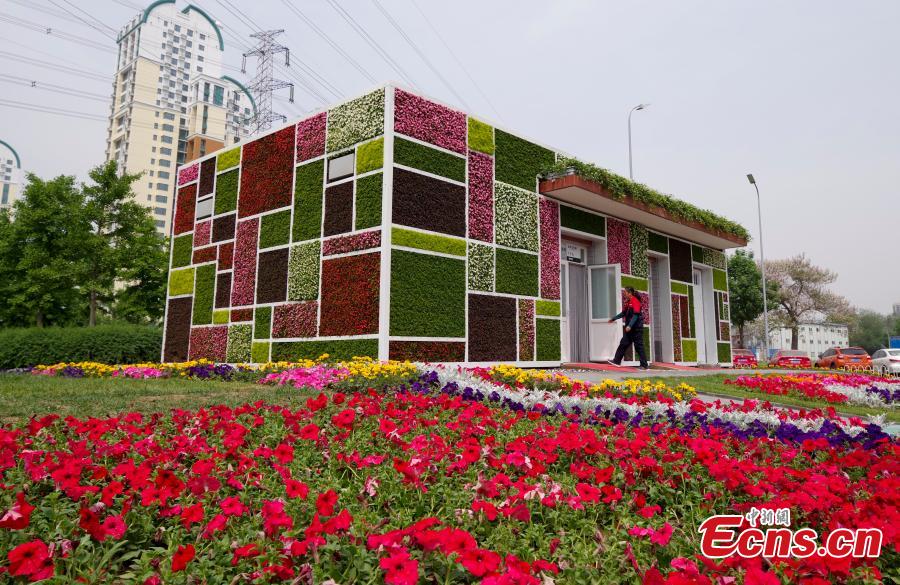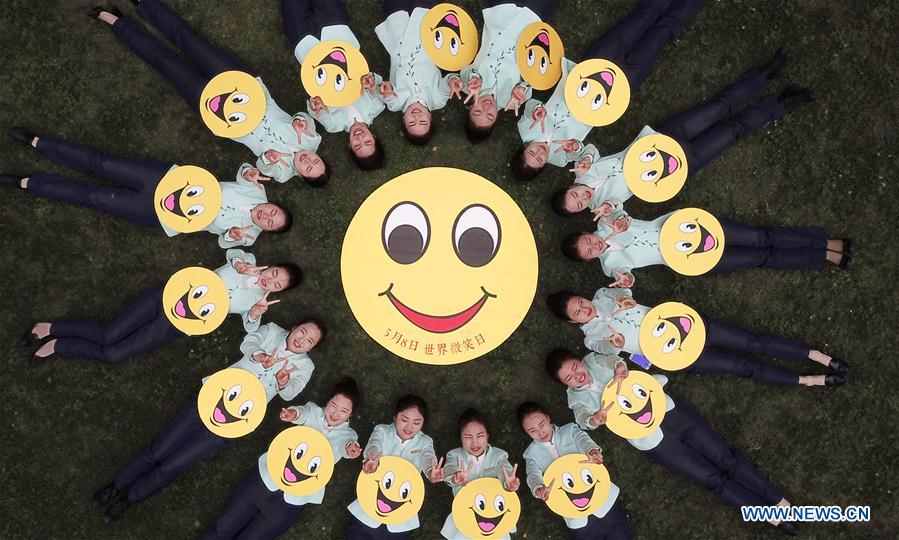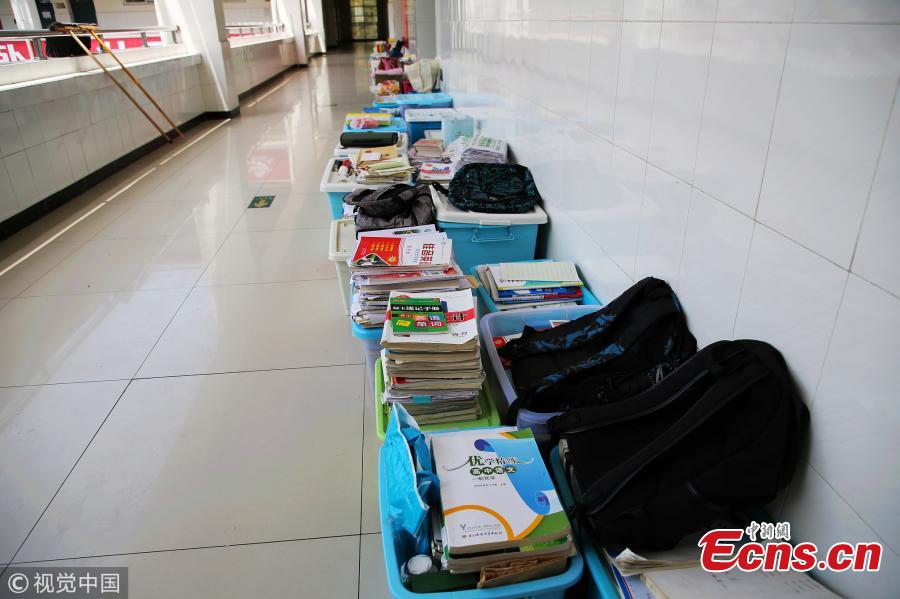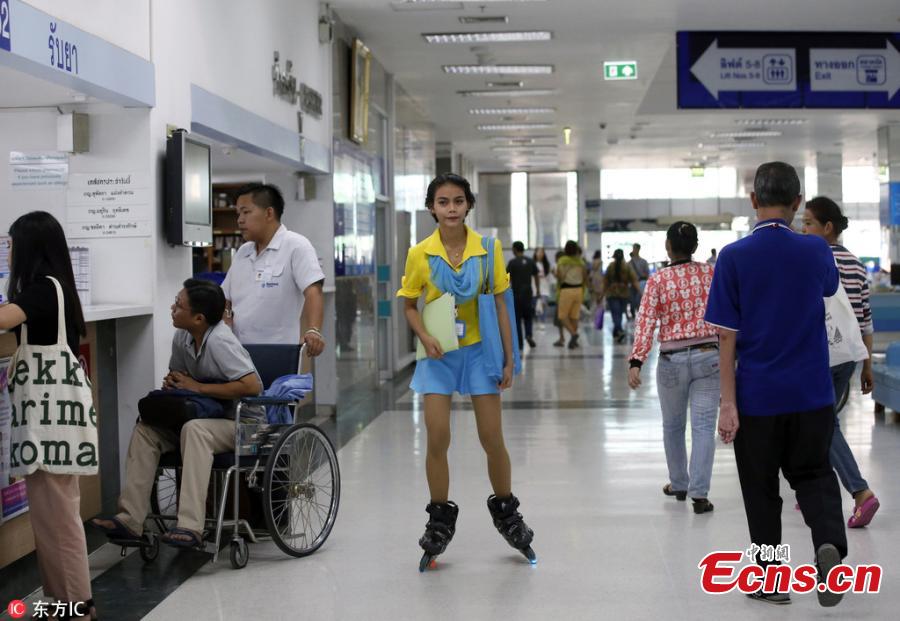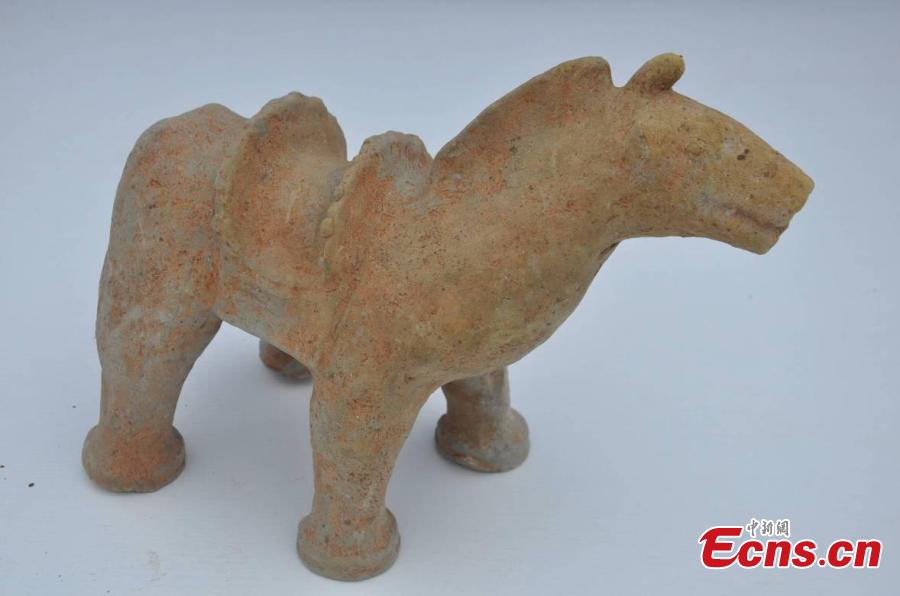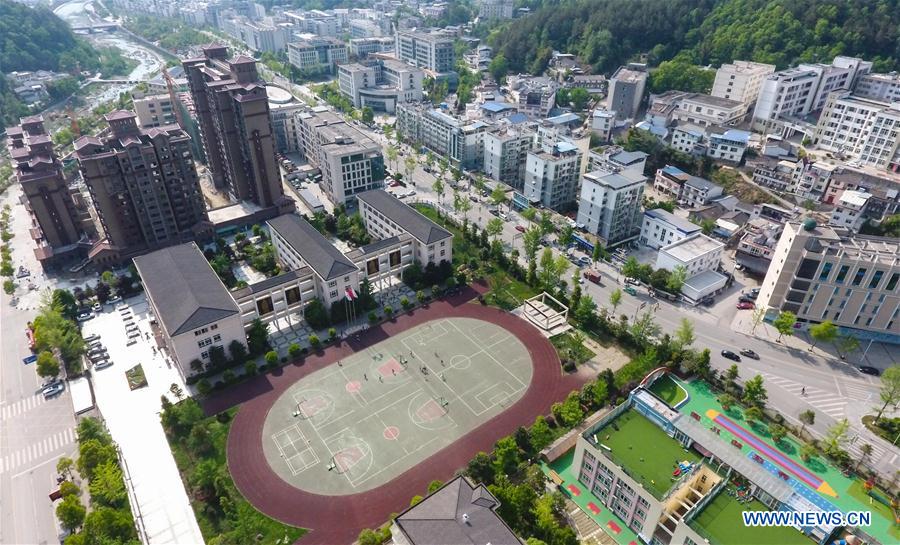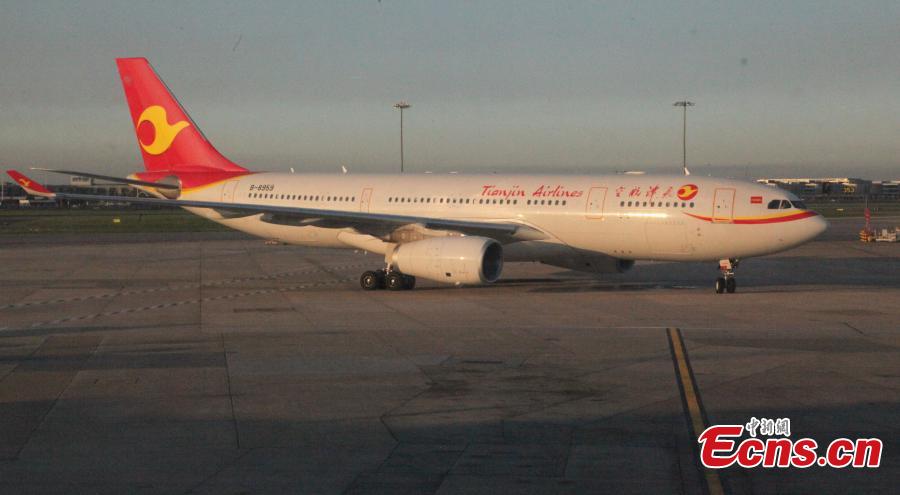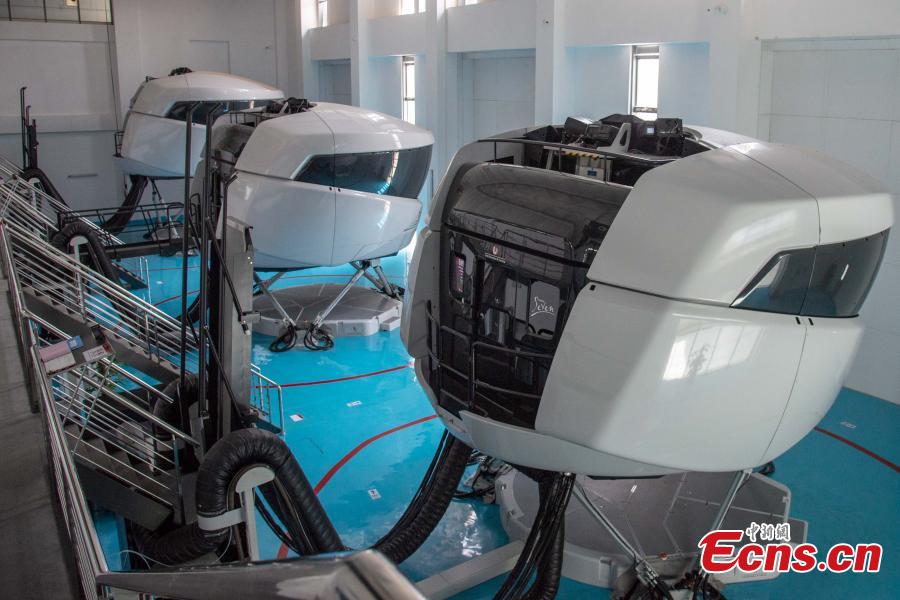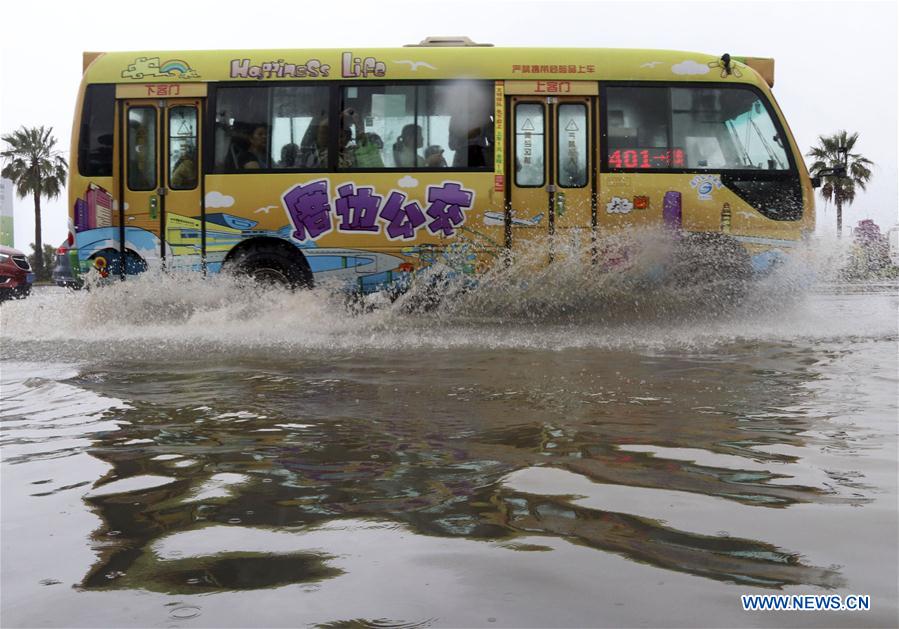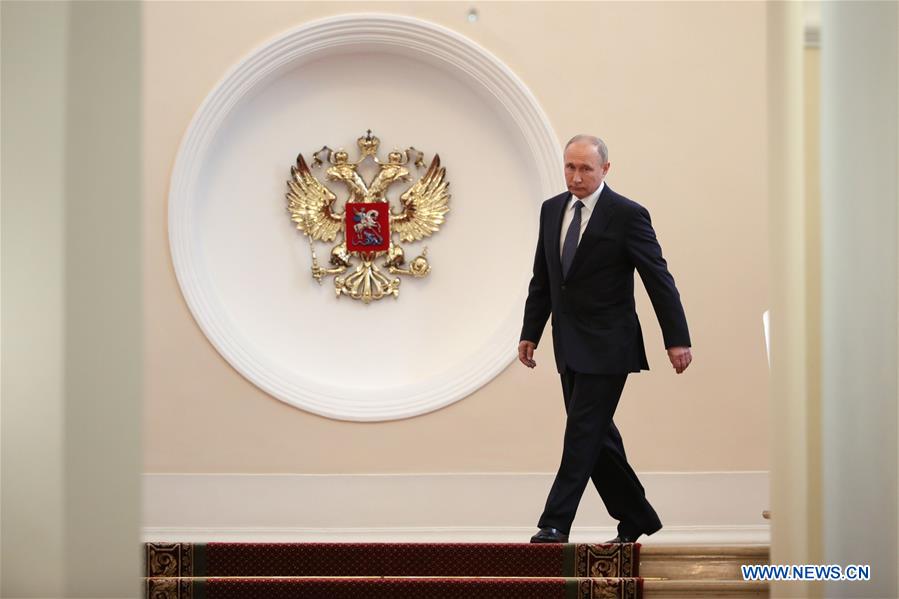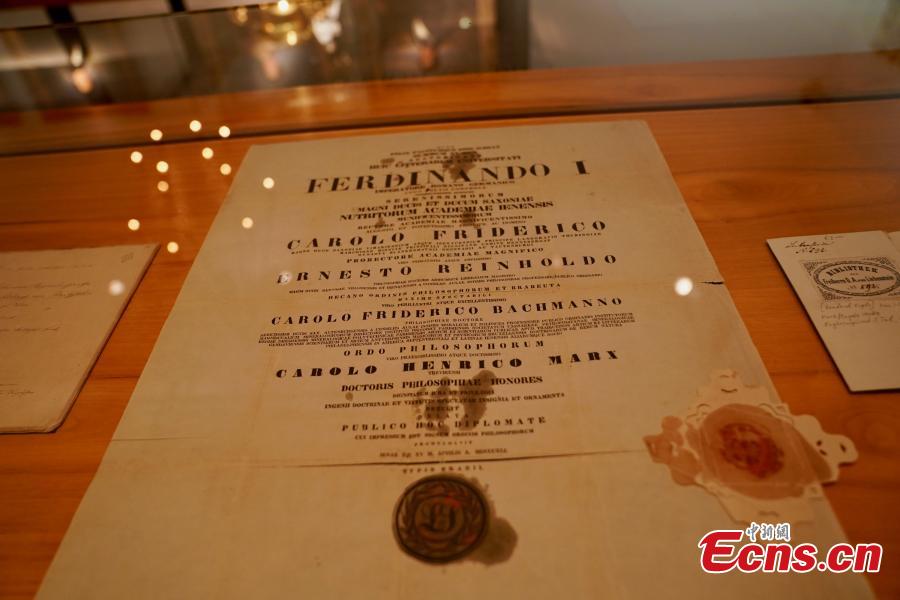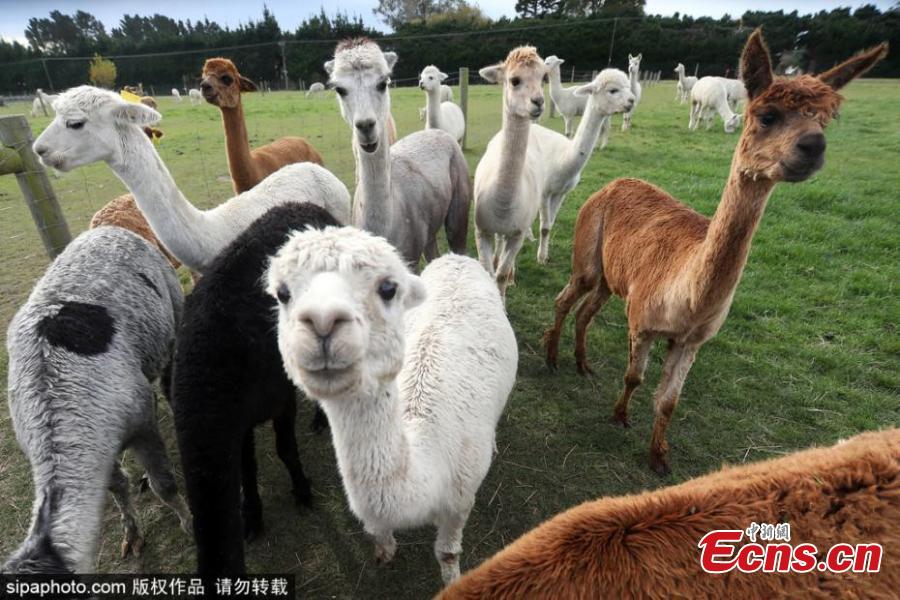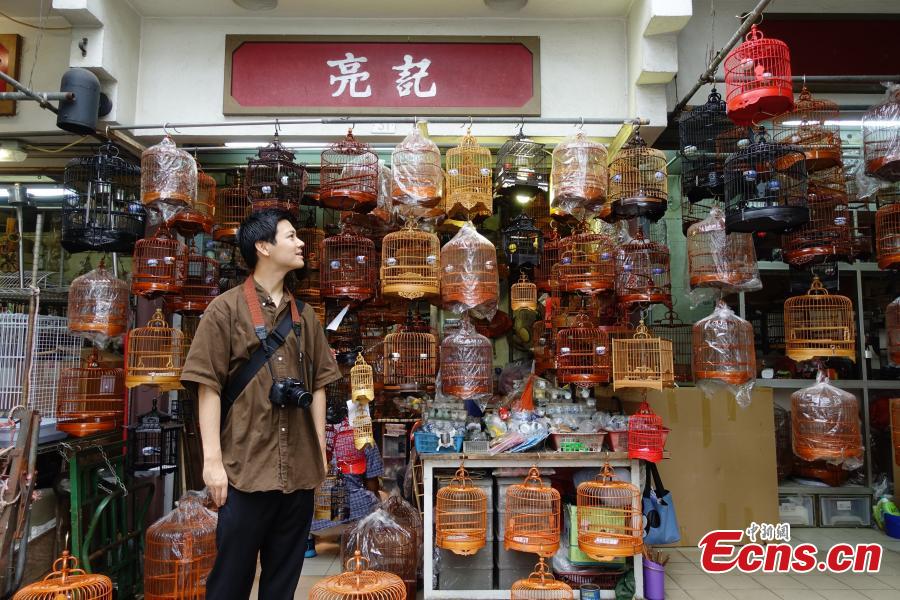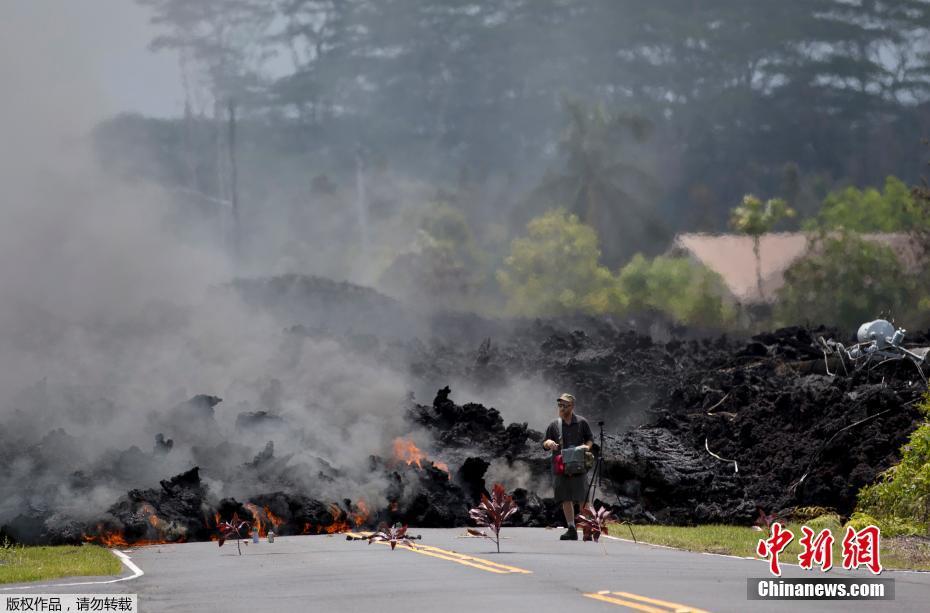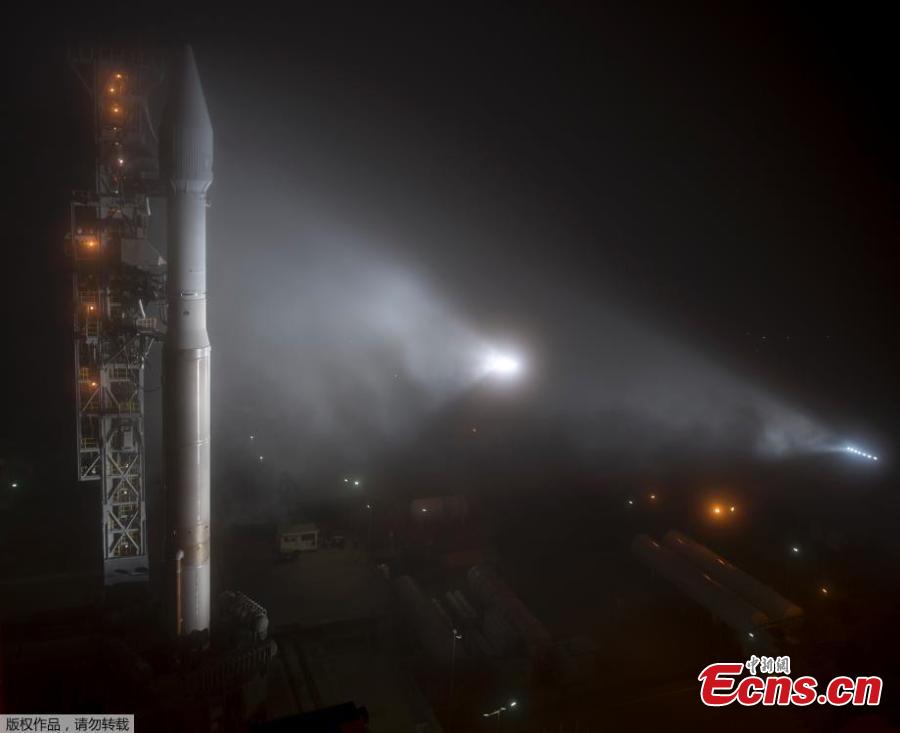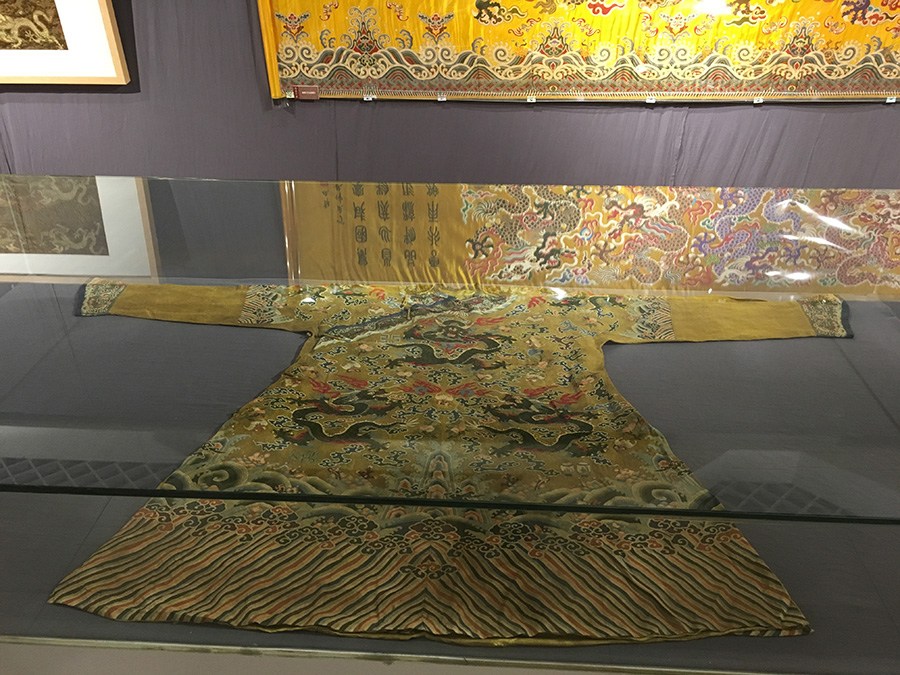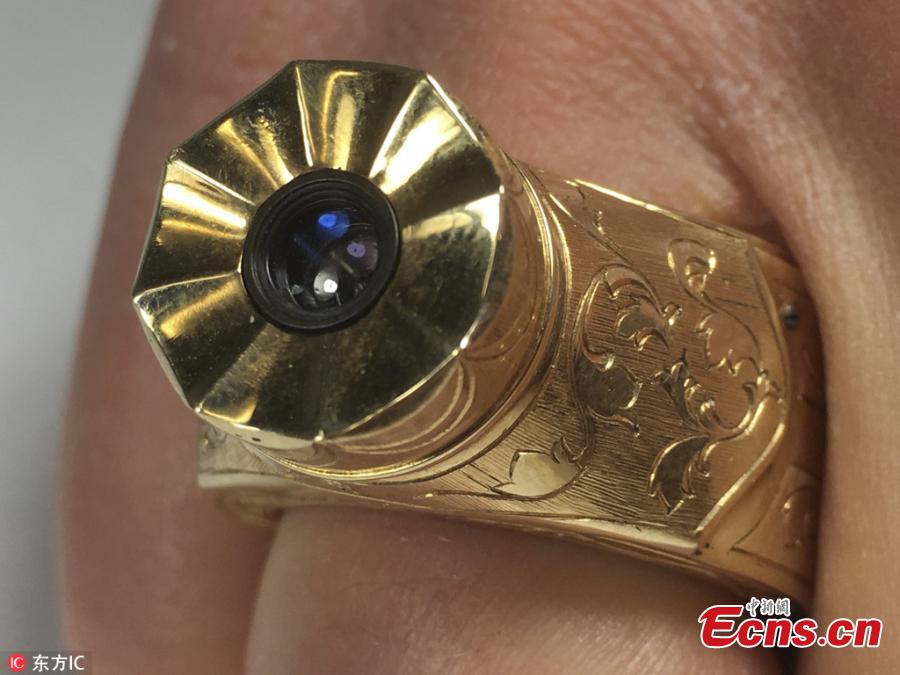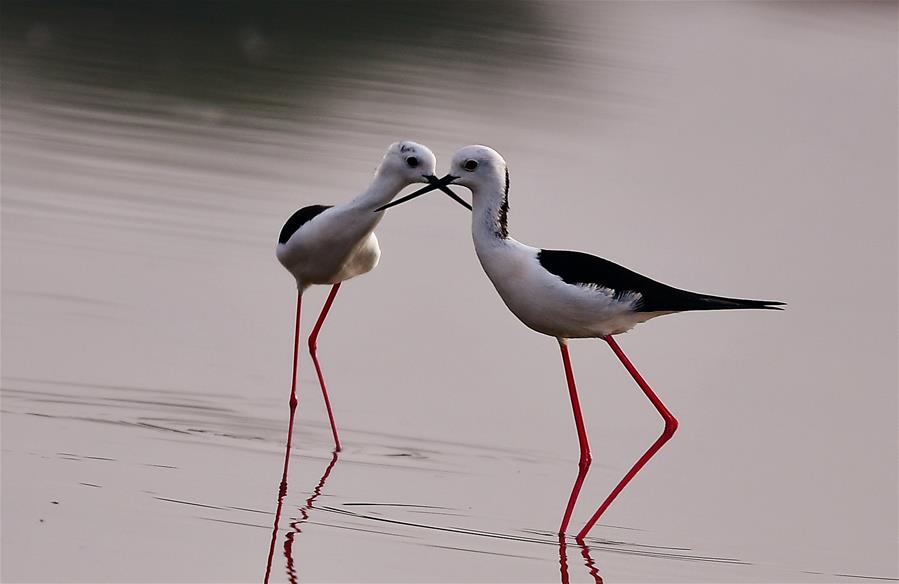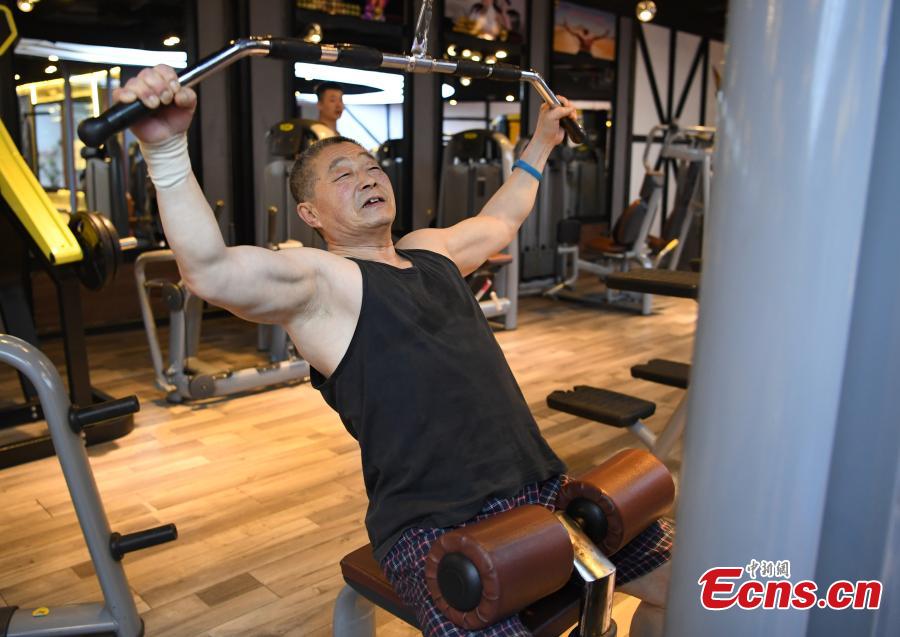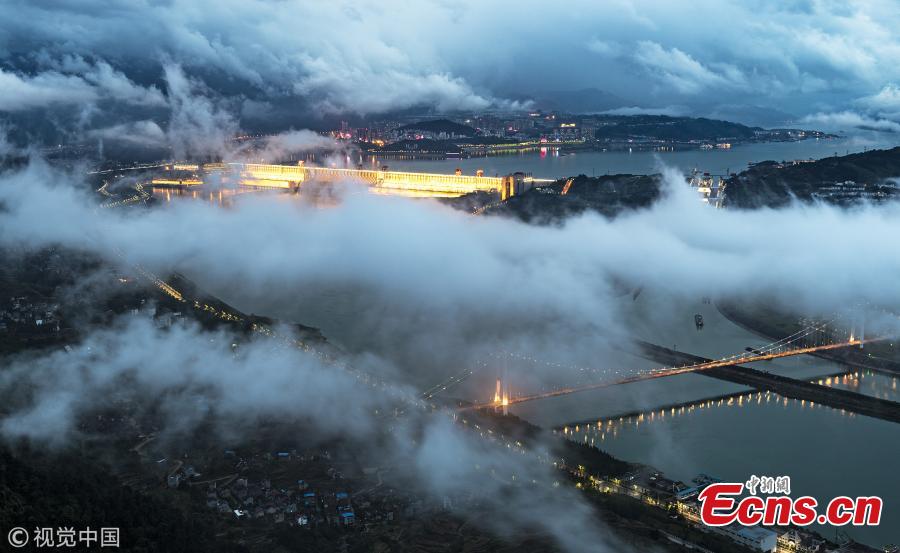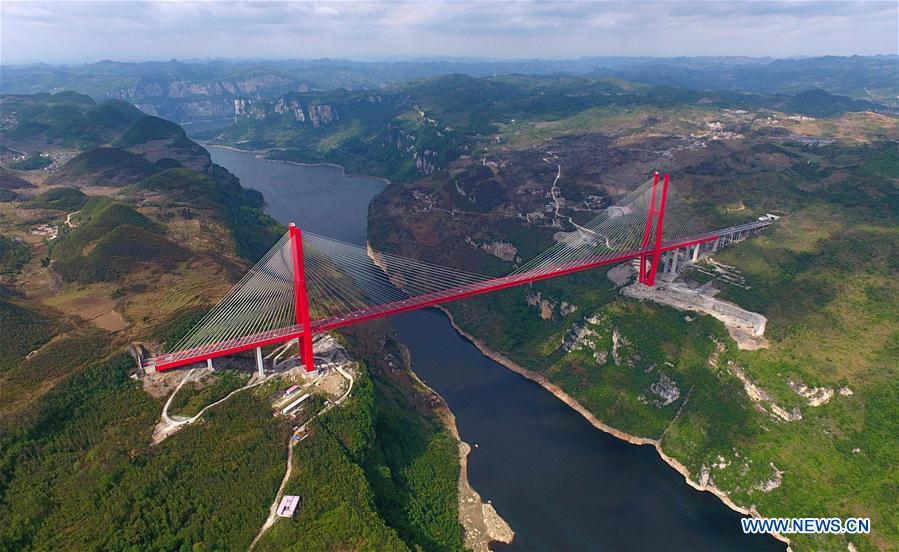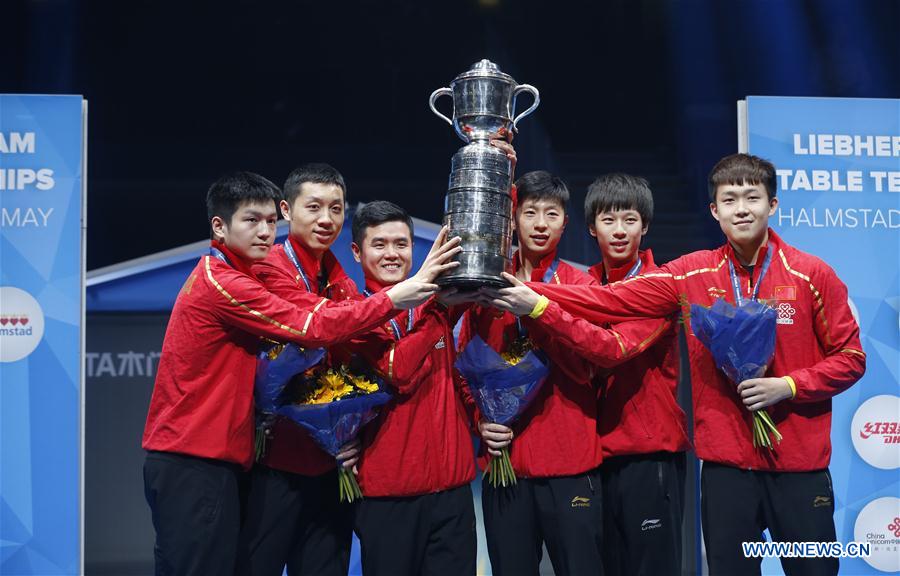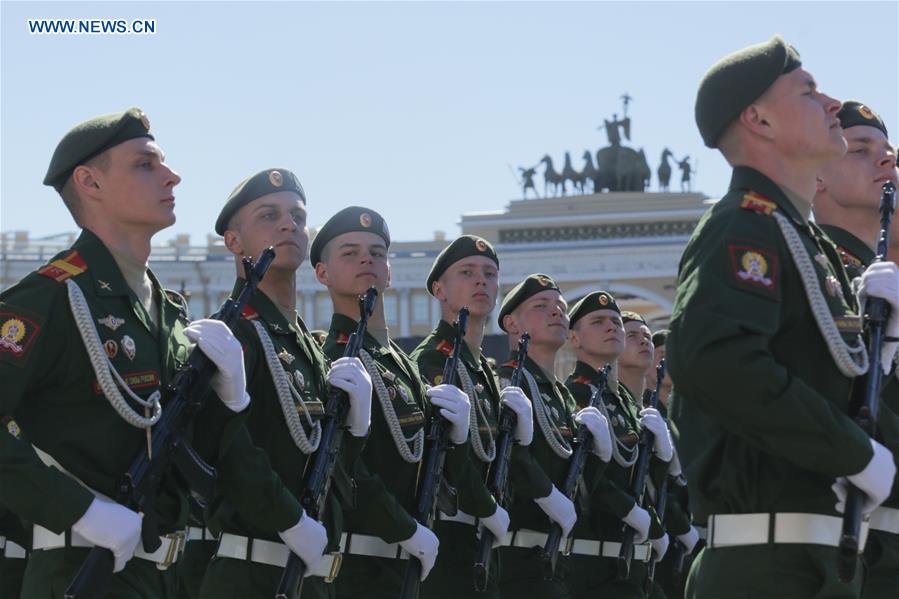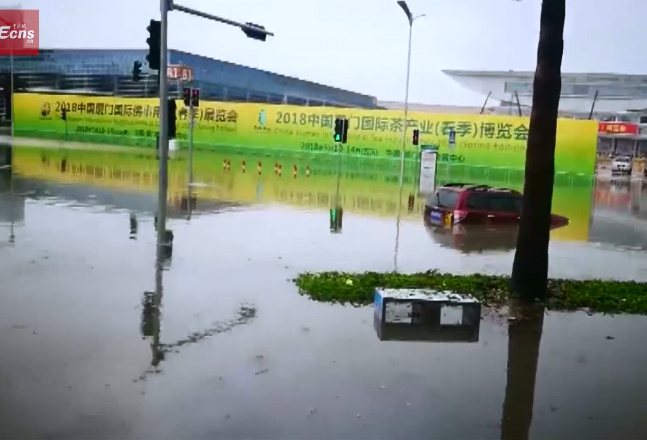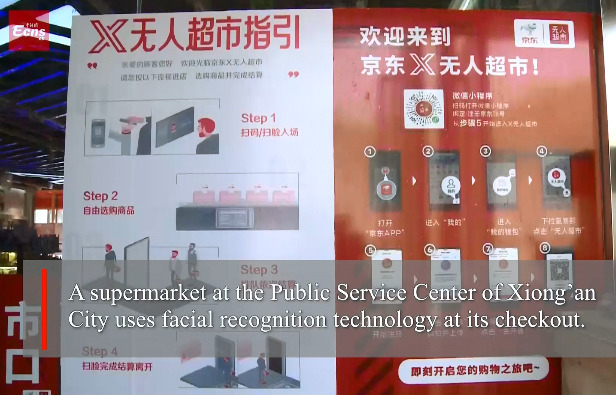The top court is considering setting up a high court specializing in handling intellectual property disputes as the country takes bigger steps to protect IP rights, a senior judge said.
The Supreme People's Court is also studying how to hear IP lawsuits more efficiently and will make public detailed procedures soon, Song Xiaoming, chief judge of the top court's IP Tribunal, told China Daily.
The nation currently has three IP courts, all at intermediate level, in Beijing, Shanghai and Guangdong.
While delivering a work report on Friday to the National People's Congress, Zhou Qiang, president of the top court, also said a plan to improve procedures on handling IP lawsuits is in the pipeline. [Special coverage]
Zhou said the top court has issued a guideline to increase legal protection on IP rights to address the public's biggest complaint-the low cost of IP infringement and the high cost of tackling it.
From 2013 to 2017, courts across the country concluded 683,000 IP disputes, 405,000 more than the previous five years, according to the top court.
More than 120,000 people were charged with IP infringement between 2013 and 2017, 2.1 times as many as from 2008 to 2012, according to a report by the Supreme People's Procuratorate.
Lawmakers and political advisers welcomed the judiciary's determination to strengthen protection of intellectual property rights, and called for even stronger penalties.
"A stronger fight against counterfeiting is not only effective to protect IP rights, but also can improve China's credibility in the world," said Zhu Xinli, a member of the 13th National Committee of the Chinese People's Political Consultative Conference.
In addition, more attention should be paid to resolving IP disputes for companies doing business overseas, said Huang Jianping, an NPC deputy and a businessman from Guangdong province.
"It's urgent to accelerate domestic enterprises' IP registration and approval overseas by making bilateral or multilateral IP cooperation with countries involved in the Belt and Road Initiative," he was quoted by China Central Television as saying.









